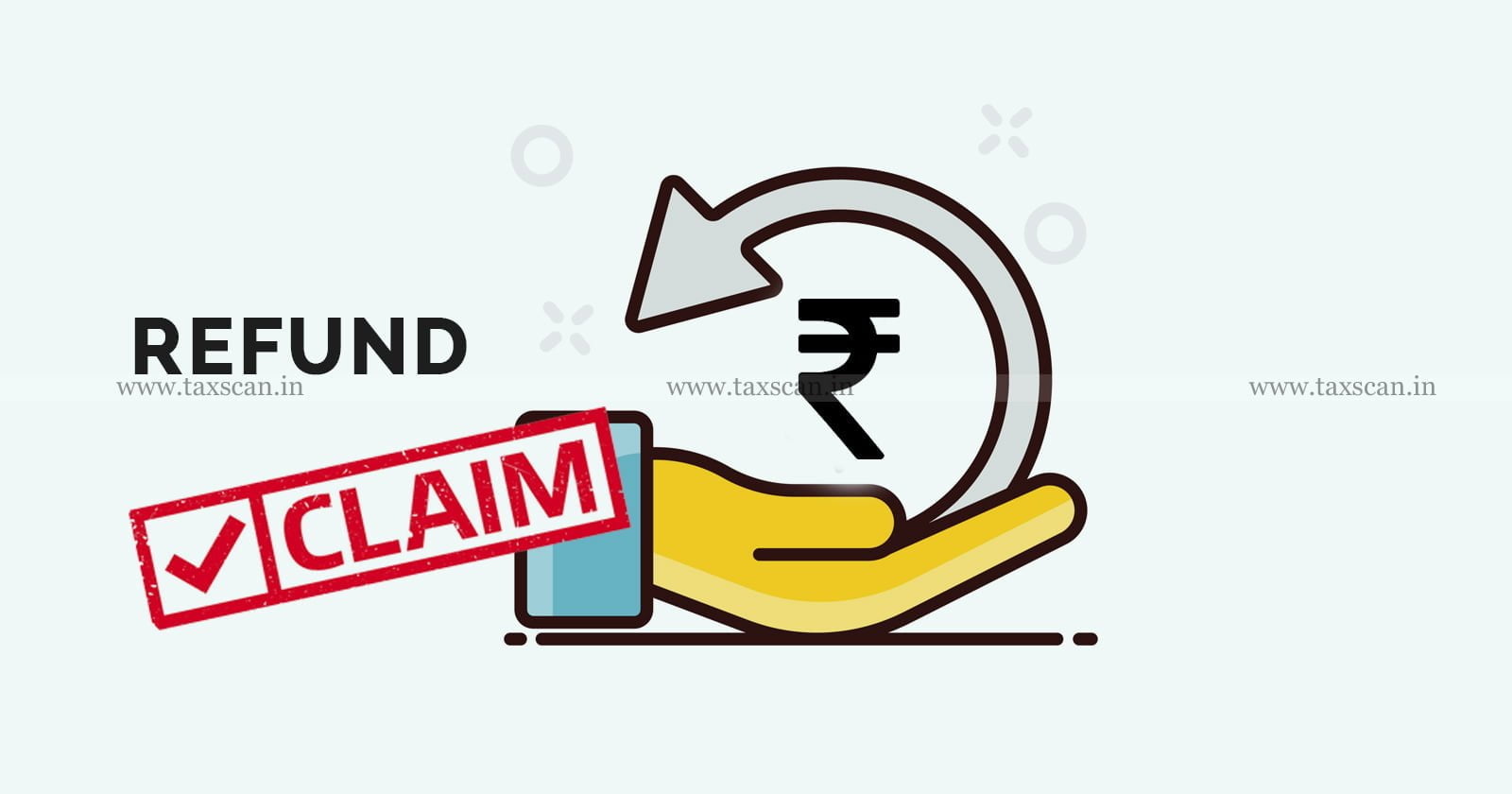Rent to Foreign Government Office Taxable Without MEA Certificate: CESTAT Confirms Service Tax Demand [Read Order]
CESTAT ruled that rent paid by a foreign government office is taxable without an MEA certificate
![Rent to Foreign Government Office Taxable Without MEA Certificate: CESTAT Confirms Service Tax Demand [Read Order] Rent to Foreign Government Office Taxable Without MEA Certificate: CESTAT Confirms Service Tax Demand [Read Order]](https://images.taxscan.in/h-upload/2025/10/30/2101058-rent-to-foreign-government-office-foreign-government-office-foreign-government-taxscan.webp)
The Bangalore Bench of the Customs, Excise and Service Tax Appellate Tribunal (CESTAT) ruled that renting property to a foreign government office is taxable unless the assessee produces a certificate from the Ministry of External Affairs (MEA) as required under Notification No. 33/2007-ST dated 23 May 2007.
P.N. Venugopal & Associates, the appellant, provided manpower recruitment services and the renting of immovable property services. During an audit for the period from June 2007 to February 2009, the department found that the appellant had not paid service tax on rent received from the Trade and Investment Office of the Department of the Premier and Cabinet, Government of Queensland, Australia.
The department issued a show cause notice and later confirmed the demand of service tax and penalties under Section 78 of the Finance Act, 1994. The appellant challenged the order before the CESTAT.
 Also Read:Refund Claims for Unconstitutional Levies must be made in Civil Court: CESTAT Rejects Appeal, Citing Unjust Enrichment from ITC [Read Order]
Also Read:Refund Claims for Unconstitutional Levies must be made in Civil Court: CESTAT Rejects Appeal, Citing Unjust Enrichment from ITC [Read Order]
The appellant’s counsel argued that the rent received from a foreign government department was exempt under Notification No. 33/2007-ST. He submitted that the non-production of a certificate from the MEA was only a procedural lapse and that the details of rent income had been disclosed in the ST-3 returns.
Comprehensive Guide of Law and Procedure for Filing of Income Tax Appeals, Click Here
The counsel further argued that the service tax and interest had already been paid on 21 March 2011, before the amendment made by the Finance Act, 2012, and hence, penalty under Section 78 was not warranted.
The revenue counsel argued that the exemption could not be granted since the appellant failed to produce the certificate prescribed under the notification. They explained that exemptions must be strictly interpreted and can be claimed only when all the conditions laid down are fulfilled.
 Also Read:Proceedings Against Deceased Proprietor 'Void Ab Initio': CESTAT Quashes Service Tax Demand [Read Order]
Also Read:Proceedings Against Deceased Proprietor 'Void Ab Initio': CESTAT Quashes Service Tax Demand [Read Order]
The two-member bench comprising Mr. P.A. Augustian (Judicial Member) and Mrs. R. Bhagya Devi (Technical Member) observed that the appellant had not claimed exemption at the relevant time and had not produced the certificate from the MEA.
The tribunal referred to the Supreme Court’s judgment in Commissioner of Customs (Import), Mumbai v. Dilip Kumar & Co. and explained that tax exemption notifications must be interpreted strictly, and benefits cannot be granted without compliance with their conditions. The tribunal pointed out that the property was rented for business purposes and the service was taxable under the law.
The tribunal observed that the appellant had paid the service tax and interest before 28 May 2012, so no penalty could be imposed in view of Section 80(2) of the Finance Act, 1994. The tribunal partly allowed the appeal, upholding the demand for service tax and interest but setting aside the penalty imposed under Section 78.
Support our journalism by subscribing to Taxscan premium. Follow us on Telegram for quick updates


